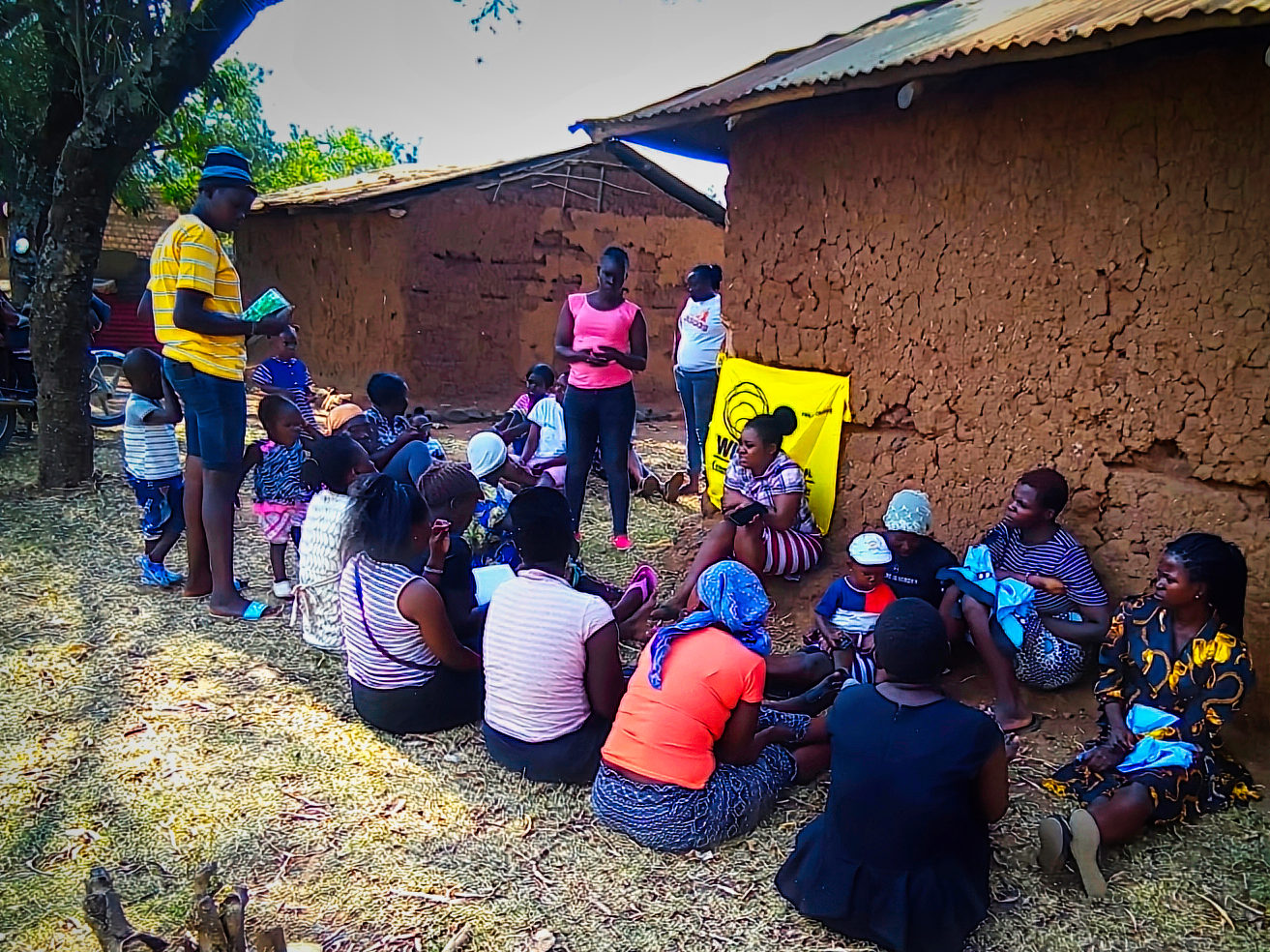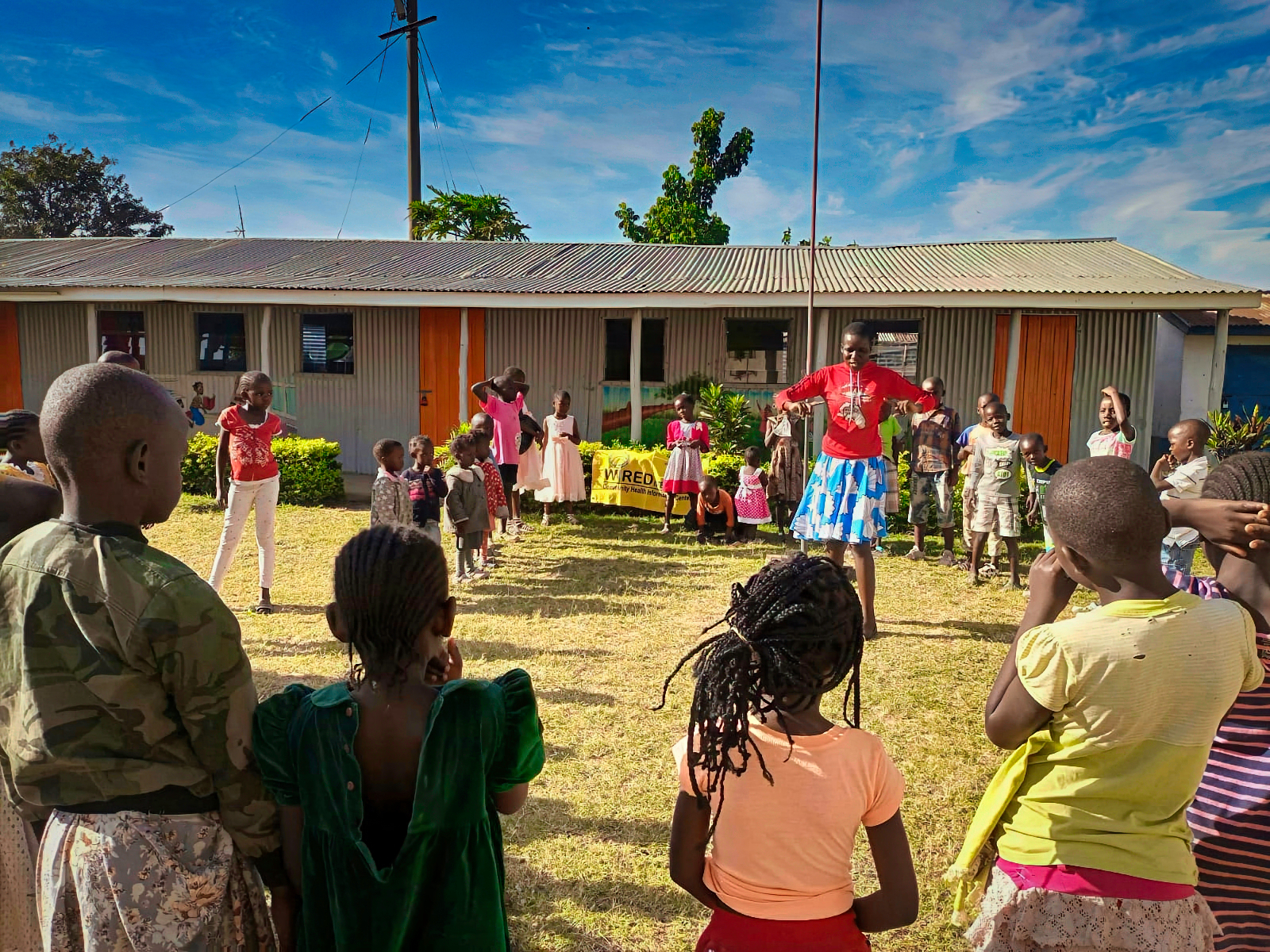Monthly Update from WiRED’s Community Health Workers in Kenya
Team of 21 Supplied 9,378 People with Health Services
By Allison Kozicharow; Edited by Elizabeth Fine
“Witchcraft causes disease.”
“A positive HIV status is shameful.”
“Children needn’t be vaccinated.”
These are a few of the long-held beliefs that WiRED-trained community health workers (CHWs) encounter every day among residents in Kisumu, Kenya. And on top of that, 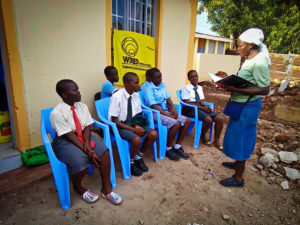 CHWs diagnose, treat and refer patients with a wide array of health conditions every day!
CHWs diagnose, treat and refer patients with a wide array of health conditions every day!
During the month of January 2023, 21 CHWs in Kisumu, Kenya, reached a total of 9,378 people with health services. Working 24 hours per week, each of the CHWs met with at least 72 patients a week, and the largest number seen in a week by a single CHW was 200, most of them in health training classes.
Overall, the top health issues for the month of January were as follows, in order of prevalence:
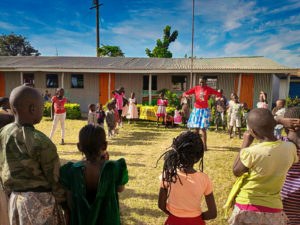 Sexually transmitted diseases
Sexually transmitted diseases- Anatomy
- Sanitation and hygiene
- Infectious diseases (e.g., cholera, mumps)
- Noninfectious diseases (e.g., hypertension, cancer)
- HIV/AIDS
- Ear, nose and throat conditions
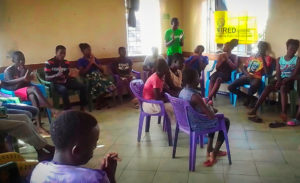 The following CHW stories demonstrate the challenges the team tackles as they teach prevention, treat illness and convince people through education to adopt more informed outlooks that benefit everyone’s health.
The following CHW stories demonstrate the challenges the team tackles as they teach prevention, treat illness and convince people through education to adopt more informed outlooks that benefit everyone’s health.
Changing Attitudes and Behaviors
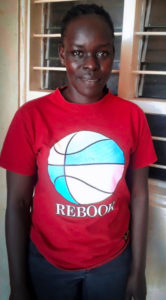 As I was making my rounds in the field I came across a household where all the children had chicken pox. The mother was not willing to take her children to a clinic for treatment. I counseled her, and finally she said she would bring them to the medical facility. After two days I followed up. After the clinic visit the children were doing so well that the mother promised to seek treatment for illness in the future because her children’s well-being was important. —Millicent Randiki, CHW
As I was making my rounds in the field I came across a household where all the children had chicken pox. The mother was not willing to take her children to a clinic for treatment. I counseled her, and finally she said she would bring them to the medical facility. After two days I followed up. After the clinic visit the children were doing so well that the mother promised to seek treatment for illness in the future because her children’s well-being was important. —Millicent Randiki, CHW
Teaching Prevention
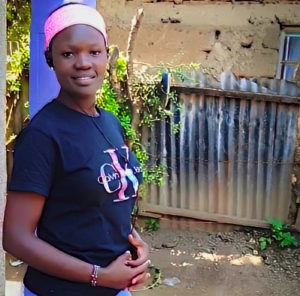 I met a mother of two children, and she asked me about the importance of vaccination. I told her that vaccination prevents individuals from infections and diseases such as small pox, measles, tuberculosis and polio. I explained that these diseases can kill. I advised vaccination for her and her children and underlined the importance of not missing a single shot so that she and her family can live a happy life in good health. We also discussed that proper vaccination and breastfeeding can fight most diseases. —Liz Adhiambo, CHW
I met a mother of two children, and she asked me about the importance of vaccination. I told her that vaccination prevents individuals from infections and diseases such as small pox, measles, tuberculosis and polio. I explained that these diseases can kill. I advised vaccination for her and her children and underlined the importance of not missing a single shot so that she and her family can live a happy life in good health. We also discussed that proper vaccination and breastfeeding can fight most diseases. —Liz Adhiambo, CHW
Fighting HIV/AIDS
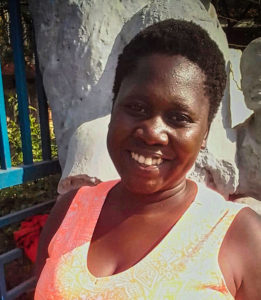
Despite every effort to reduce HIV prevalence in our community, this disease is still very common, with many people contracting infections daily. Although we CHWs continue to teach prevention, the good news is that most residents with a positive HIV status have learned to live openly with it and take medication. Others cannot live with the stigma, and so they hide their status, refuse medicines and eventually die. I particularly talk to young men and women about HIV/AIDS and try my best to influence their minds. —Bunnyce Atieno, CHW
